DoorDash Inc (NYSE: DASH) faces yet another class action lawsuit over its deceptive business practices, this time by plaintiffs in California.
The $1 billion lawsuit filed in the US District Court of Northern California targets DoorDash’s various fees and pricing schemes, which it alleges are deceptive and exploitative. It argues that these practices prey on vulnerable individuals, such as struggling merchants, immigrants, lower socioeconomic individuals, and consumers in general. Notably, the plaintiff claims that iPhone users were charged at higher rates than Android users for DoorDash’s services.
The complaint highlights DoorDash’s handling of tips for its contracted drivers, alleging that the company retains these tips for itself instead of distributing them to the drivers. While DoorDash purportedly now pays the full tip amount to the drivers, it allegedly retains these tips for up to a week before release. Moreover, it offers a “Fast Pay” fee for immediate access to their tips.
Further complexity is added by the DasherDirect Program. Under this program, drivers, who are supposedly targeted due to their immigrant status, can receive their tips immediately, but with several conditions. The tips are provided on a VISA debit card underwritten by Stride Bank, which profits by pooling the drivers’ funds for investment. The lawsuit asserts that DoorDash profits from the DasherDirect Program via fees derived from the drivers’ invested funds and their debit card usage, which exceed earnings from the Fast Pay fees.
The complaint also accuses the food delivery company of exploiting restaurants by retaining a portion of the food order price as commission, rather than charging a service fee. Additionally, the lawsuit claims that DoorDash includes hidden fees in promotional and sponsored menu items advertised on the platform without properly informing consumers. The suit goes on to allege that the company’s hidden fees, including those for commission, marketing, sponsored listing, and credit card transactions, lead restaurants to increase their prices, which are ultimately passed onto consumers.
DoorDash is also accused of deceptive practices such as charging “city” or regulatory response fees that create an illusion of being imposed by local governments. Despite not offering delivery itself, DoorDash allegedly charges a range of delivery fees and levies an “express” or “priority” fee for direct delivery to consumers. However, these express orders are alleged to average around the same delivery time as standard orders.
The lawsuit further criticizes DoorDash’s “expanded range delivery” fee for orders outside of normal delivery areas, arguing that these areas are determined not by consumer location, but by the restaurants’ service level plans with DoorDash. This fee is also purportedly used to subsidize lost revenues from the discounted fees under the DashPass Program. More importantly, however, “DoorDash charges the expanded range fee on iPhone users more often than Android users and charges iPhone users more for “delivering” (likely because studies reveal iPhone users earn more).”
DoorDash also faces a similar $1 billion lawsuit in Maryland, which too, accuses the company of charging higher fees for iPhone users versus their Android counterparts. According to the complaint, iOS devises were charged “illegal” fees— in some instances up to $2 more than other devises for identical orders.
Information for this briefing was found via the sources mentioned within the article. The author has no securities or affiliations related to this organization. Not a recommendation to buy or sell. Always do additional research and consult a professional before purchasing a security. The author holds no licenses.





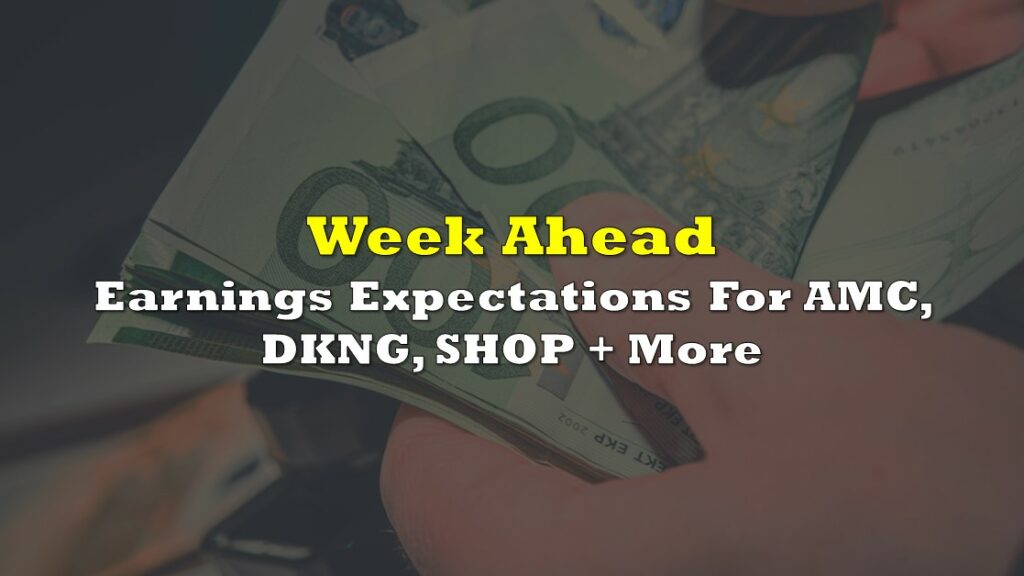
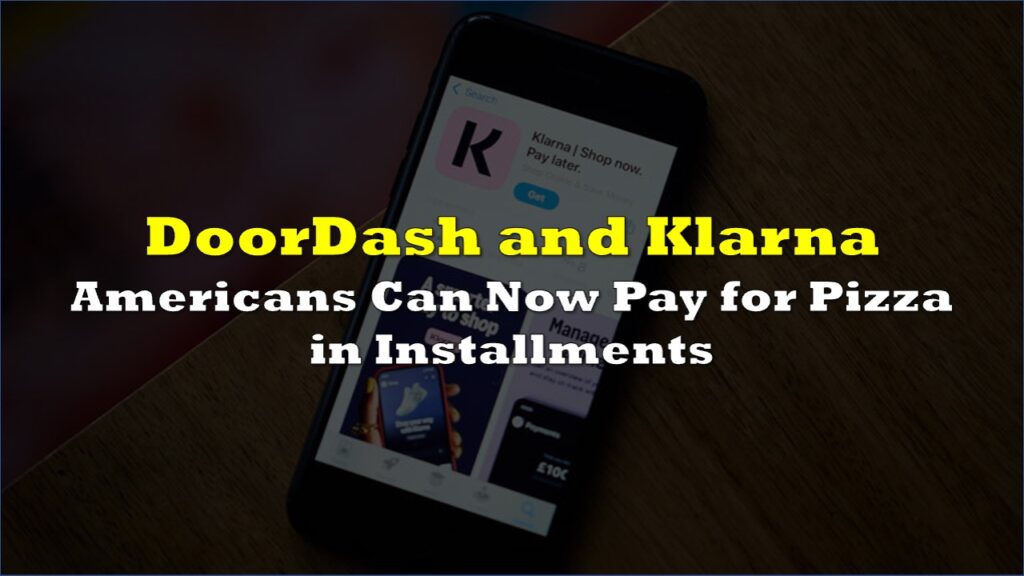
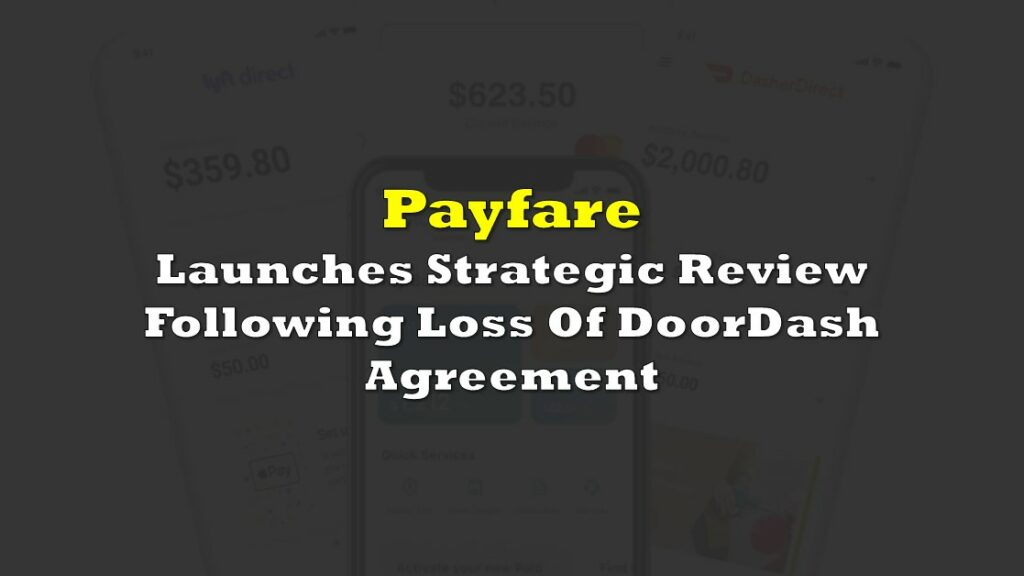
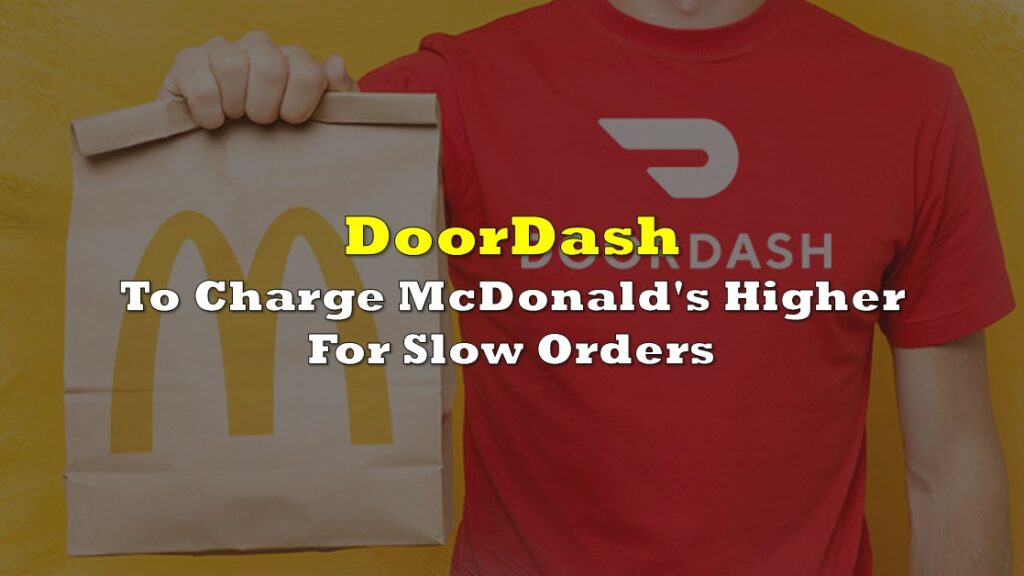
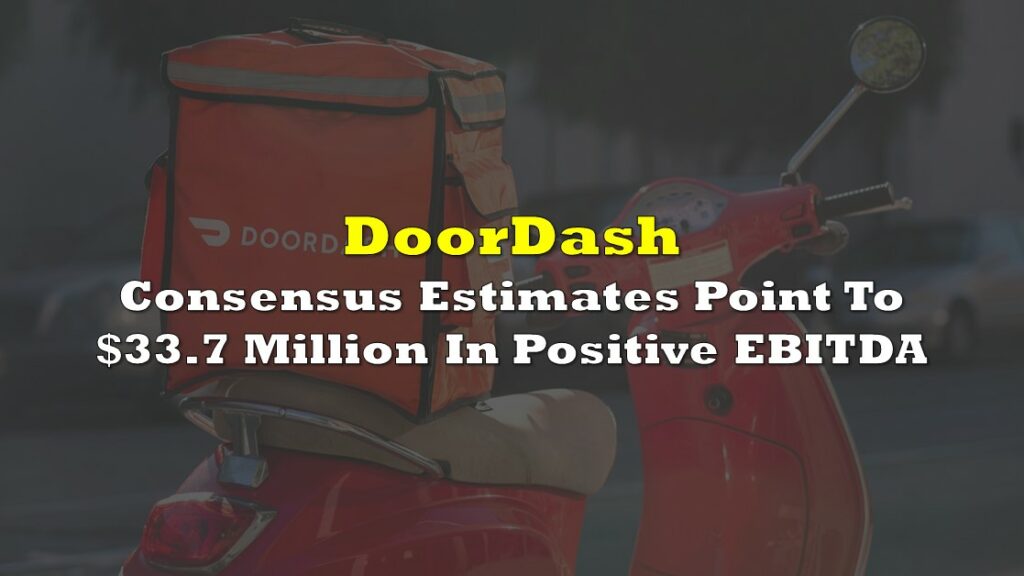
One Response
is there a class action lawsuit in AZ i was charged the initial $30 and then$90 . I have tried to find a number , i went to my bank they said it was a third party transaction and they couldnt help . thank you Suzanne Pelayo